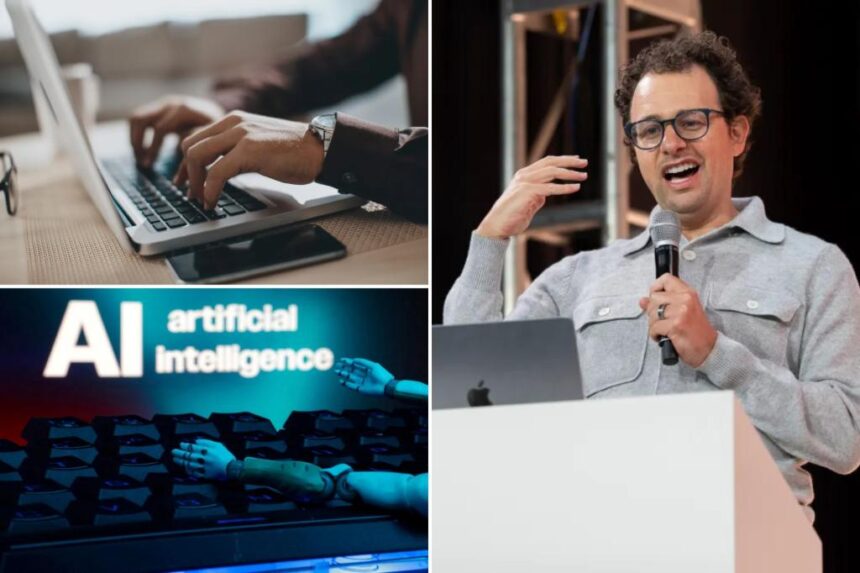The impact of artificial intelligence on the workforce has been a topic of concern for many experts in the field. Dario Amodei, the CEO of Anthropic, one of the leading AI labs in the world, recently warned that AI technology could potentially eliminate half of all entry-level, white-collar jobs in the next five years. In an interview with CNN’s Anderson Cooper, Amodei expressed his belief that AI is becoming better than humans at almost all intellectual tasks, leading to a potential spike in unemployment rates.
Amodei highlighted that Anthropic’s AI technology is capable of performing tasks typically done by entry-level corporate workers, such as summarizing documents, analyzing sources, and writing computer code, at the same standard as a smart college student. He emphasized that the trend towards AI advancement is a cause for concern, as it could lead to unemployment rates as high as 20 percent by 2030 in America.
Despite acknowledging the potential negative impact of AI on the workforce, Amodei also pointed out that AI has the potential to be used for good. He stated that he wouldn’t be building this technology if he didn’t believe it could make the world a better place. However, he stressed the importance of implementing the right policies to ensure that people have the ability to adapt to the changes brought about by AI.
In a separate interview with Axios, Amodei warned that workforce changes due to AI could happen in a short amount of time, as little as a couple of years or less. He urged US politicians to consider implementing a tax on AI labs as a way to address the potential job losses that AI automation could cause.
The World Economic Forum (WEF) has also raised concerns about the impact of AI on the workforce, with a survey finding that 41 percent of employers intend to reduce their workforce due to AI automation by 2030. However, the WEF also noted that companies are planning to hire new workers with skills to design AI tools and work alongside the technology, indicating a shift in the labor market towards more specialized roles.
Overall, the growing influence of AI in the workforce presents both challenges and opportunities for society. It is essential for policymakers, businesses, and individuals to be proactive in addressing the potential job losses while also harnessing the benefits that AI technology can bring. As Amodei emphasized, it is crucial to act now and steer the technology in a direction that maximizes the benefits while mitigating the harms.








